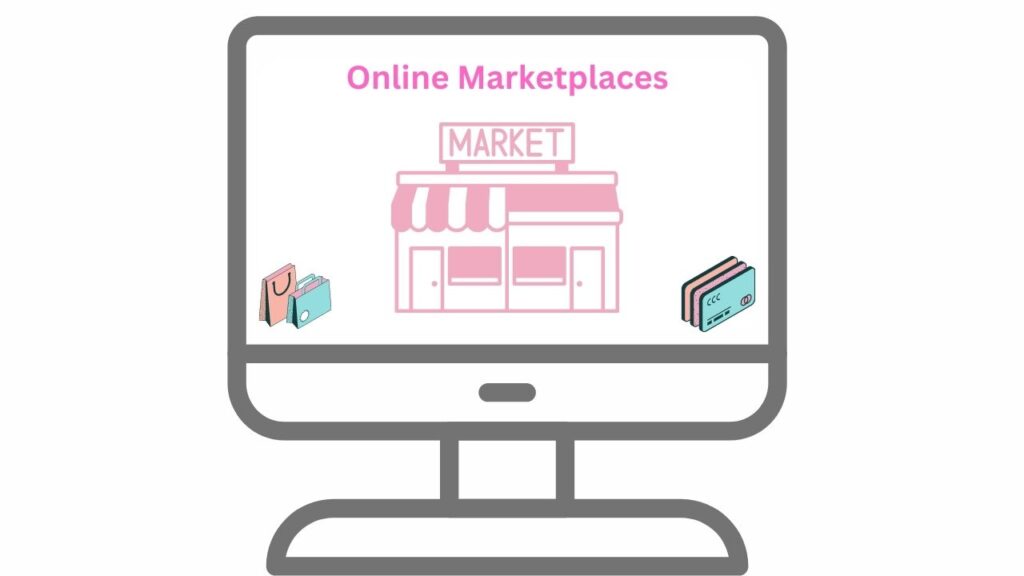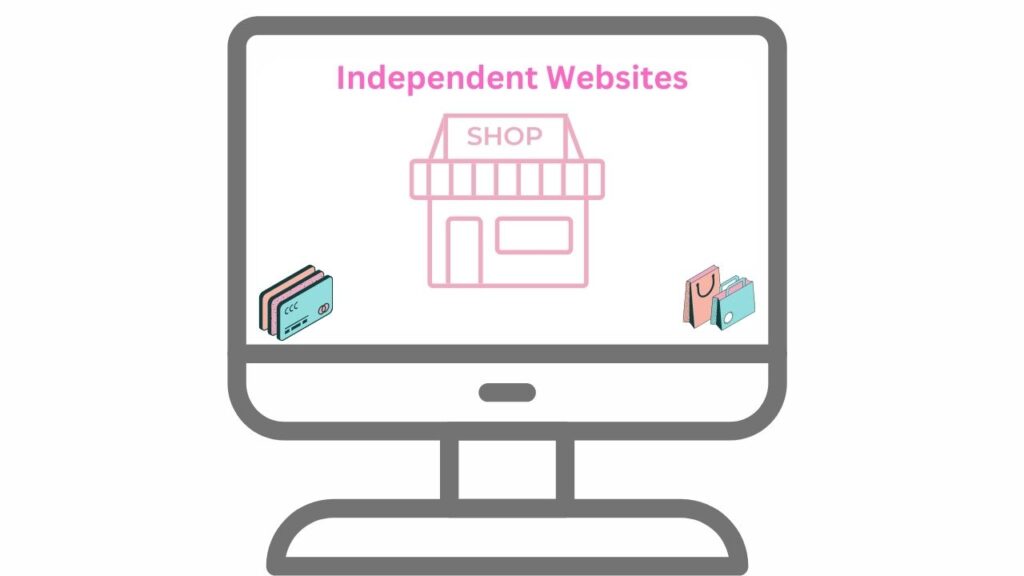When starting an online business one of the most important decisions you have to make is where you should sell your product(s) or service(s). Should you sell through major online marketplaces like Takealot or Amazon or should you sell through your own website? The answer is: it depends.
An online marketplace and an independent website are essential for running an online business. They act as the point of engagement between the customer and the business. They are a sure-fire way for building an online presence. However, each has benefits and drawbacks that should be taken into consideration before making a decision to use one.

Online marketplaces
Large online marketplaces receive thousands of visitors on a daily basis, this is a major advantage for nascent business owners and casual sellers since it takes a while to generate significant organic traffic to an independent website. With a marketplace you can internationalize your business and save on marketing costs. Additionally, online marketplaces have established brand credibility and customer trust. And lastly, marketplaces alleviate the burden that comes with creating and maintaining your own website.
A major drawback with online marketplaces includes the fact that they are likely to have other sellers offering a product and-or service similar to yours. And some of the products and-or services will have similar images, titles, descriptions, and prices. When selling on a large platform like Takealot or Amazon, features such as images, titles, descriptions, ratings and reviews, and price are how sellers differentiate themselves from the competition. Hence, differentiating yourself on an online marketplace can be a challenge.
Another drawback is that marketplaces also have their own rules and regulations that sellers must abide by, these may include strict shipping rules and regulations.
Furthermore, marketplaces charge a fee for using their platform, which can be exorbitant depending on the platform. For example, several Takealot sellers have complained on Hellopeter about the fees charged for selling on the Takealot marketplace.
Lastly, there isn’t a lot of room for customization or personalization. For example, you have to use the payment gateways that are used by the marketplace platform. You also have no control on the layout and appearance of your offering on the platform.
There are different marketplaces for selling and buying different products and services, each with its own criteria for sellers, rules, regulations, and fees. For example, Etsy is a marketplace for unique items. Bol.com is a marketplace for customers in the Netherlands and Belgium. Zando is an online fashion marketplace for customers in South Africa. Fiverr is an online marketplace for creative services. Here is a non-exhaustive list of online marketplaces

An independent website
If you would like a little more control on how you sell, ship, and price your offerings then an independent website might make the most sense for your business. Having an independent website means you can market your products or services the way you want. You also have the ability to customize and personalize your store as you wish. With a website you can scale your business easily when you start generating significant traffic and sales. For example, if you start a business selling unisex shoes, when your traffic and sales increase, you can also start selling unisex hats, sunglasses, watches, etc.
Creating your own website can be a challenge especially for first timers, but once set up it is easier and cheaper to run. In South Africa you can create a co.za website from as little as R300 per year (price includes a domain name and web hosting service) and this is usually the only cost to creating a website.
The drawback with an independent website is that trust is built overtime whereas with a marketplace trust is instantaneous due to being established and renowned. Organically attracting users to an independent website can also be a challenge, you will need to have a solid marketing strategy to grow your business.
Creating and managing an independent website does have a steep learning curve since you have to understand the websites backend and frontend. With that being said, there are different ways of creating a website, including but not limited to:
- Using an intuitive drag and drop website builder like SitePad.
- Using a content management system such as WordPress.
- Writing coding with a code editor and then using an FTP to publish the code (or website) online. There are different types of code editor and FTP, for meeting different types of coding and file transfer needs. For example, Sublime text (a popular code editor) and FileZilla (a free FTP).
If you are a budding entrepreneur that’s still learning the online space and not quite ready for the toil that comes with creating and running an independent website, then perhaps an online marketplace is for you. If you are interested in learning about creating low risk and low cost online businesses, have a look at our range of courses, Enterpriser’s Assembly Courses.

